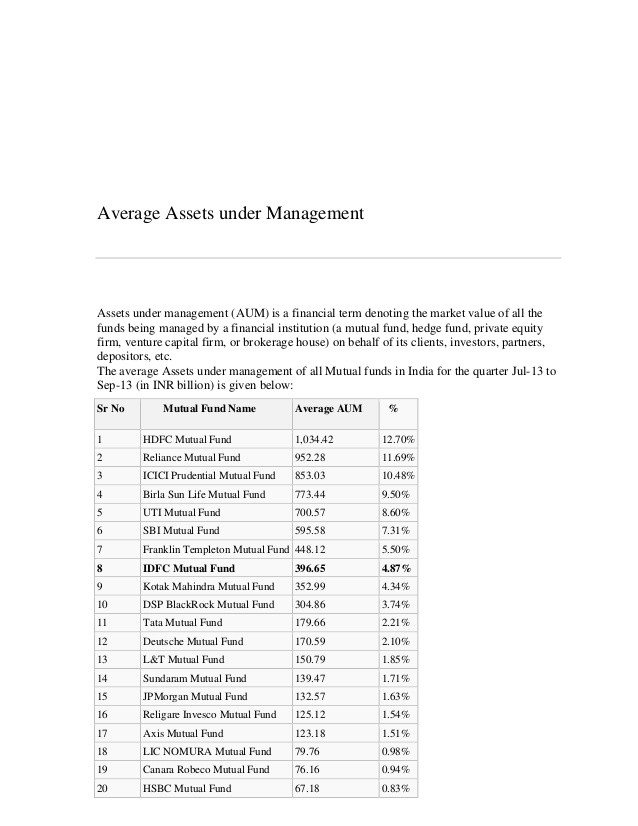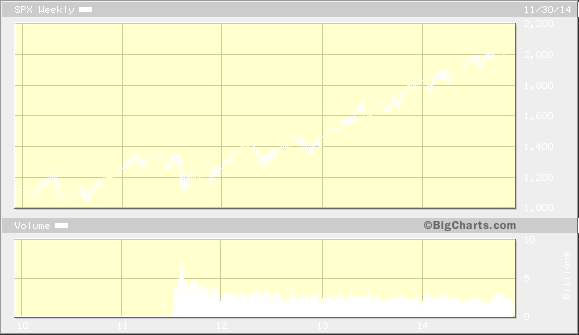Are Hedged Mutual Funds For You Yahoo India Finance
Post on: 12 Апрель, 2015 No Comment

Long the purview of institutional investors and ultra-wealthy individuals, financial services firms are making alternative investment strategies available to a wider audience of investors. Understanding both traditional hedge fund strategies and their “lite” versions will help you decide whether the latest incarnation of these investment vehicles should have a place in your portfolio.
Traditional hedge funds are available only to wealthy investors. In regulatory language, these folks are known as “accredited investors.” According to the U.S. Securities and Exchange Commission, an accredited investor must meet requirements that include having a net worth of more than $1 million (alone or jointly with a spouse); or having earned at least $200,000 in each of the past two years; or having earned $300,000 in each of the past two years when combined with a spouse. With respect to the income requirements, accredited investors must have a reasonable expectation of earning the same amount in the future.
These rules are in place because hedge funds have exorbitant expenses. high investment minimums, little regulation and employ complex investment strategies. To achieve their objectives, hedge funds often engage in aggressive investment strategies that include short selling (betting prices will fall), the use of derivatives (futures, forwards, options, etc.) and significant use of leverage (borrowed money). These strategies can win big — and they can lose big.
Hedge funds may also have significant restrictions on investors’ ability to make redemptions and gain access to the cash they invested. So, if you may need to sell your investment to pay the rent or mortgage, hedge funds are the wrong place to put your money.
While the various barriers and limitations associated with hedge funds present difficult challenges to the average investor, they are no barrier to the rich. While affluent investors can afford to invest in hedge funds, and are willing to pay big bucks and lock up their money for extended time periods, you might be wondering why they do it. The answer is simple. The rich (like everyone else) want to get richer, and successful hedge fund strategies can help them make a lot of money. They also offer investment strategies that do not necessarily rise and fall with the fortunes of the traditional stock and bond markets. This provides a measure of risk mitigation for investors who already have a significant portion of their wealth held in stocks and bonds.
Hedge Fund Strategies for the Masses
Since the stock market declines of the Great Recession. many investors who don’t qualify for traditional hedge funds have become interested in strategies that don’t move in lockstep with the stock and bond markets. Thus the financial services industry has responded with mutual funds that engage in hedging strategies designed to offer diversification and risk mitigation in addition to better returns. Some of the strategies they employ, including the use of leverage, trading in derivatives and seeking opportunities in mergers and acquisitions. are the same as those offered by traditional hedge funds.
Firms offering these strategies are often notable players in the hedge fund industry such as Natixis, Blackstone Group and Aurora Investment Management. Big names in mutual funds, including Fidelity, Morgan Stanley (NYSE:MS ) and Goldman Sachs (NYSE:GS ), are also getting involved. Examples of hedged mutual funds offered by the notable financial names include the Goldman Sachs Absolute Return Tracker A with total assets under management of $1.7 billion as of October 2013, Gateway Fund A with total net assets worth $8 billion, Natixis ASG Global Alternatives managing total assets of $2.3 billion, and MainStay Marketfield I with total assets of $17.7 billion.
To offer these strategies to the public at large, hedged mutual funds must comply with the Investment Company Act of 1940. This regulation defines the responsibilities and limitations placed on fund companies that offer investment products to the public. For investors, the “40 Act,” as investment professionals often refer to it, means that the value of the investment is calculated every day and investors can buy and sell it at will. This is starkly different from their hedge-fund brethren, which can invest in strategies that are difficult to value, cannot be sold quickly and may not be able to return cash to investors for extended time periods.
Hedged mutual funds are also required to engage in less aggressive, and therefore less risky, strategies than traditional hedge funds. For example, they are not permitted to use leverage to the same degree as their traditional counterparts. While these limitations can reduce their potential gains, the diversification and risk mitigation strategies remain intact.

Research Before Investing
Hedged mutual funds come in a number of variations. Some have single strategies, while others focus on investment strategies such as merger arbitrage. Other funds package multiple strategies into a single fund with assets spread among multiple investment managers. The multi-strategy offerings provide greater diversification in addition to more opportunities for returns.
These mutual funds are more complex and more expensive than the mutual funds with which most investors are familiar. They engage in complex strategies that investors may not understand and can expose investors’ portfolios to greater risk of loss than they may realize. When it comes to expenses, hedged mutual funds can charge in excess of 2% compared to mutual fund expenses. which are often around 1.5%, and exchange traded fund (ETF) expenses that come closer to 0.5%. Remember, every penny paid in expenses is a penny lost, so expenses are worth noting. Critics also point out that many hedge fund strategies have poor track records in generating returns.
The Bottom Line
If you are considering hedged mutual funds, the complexity, cost and concerns provide plenty of incentive for you to educate yourself before you invest. After your due diligence is complete, if you decide to take the plunge, most experts recommend a conservative approach. By investing only a small percentage of your overall portfolio into hedged mutual funds, you have an opportunity to benefit from any gains while limiting potential losses.
More From Investopedia














